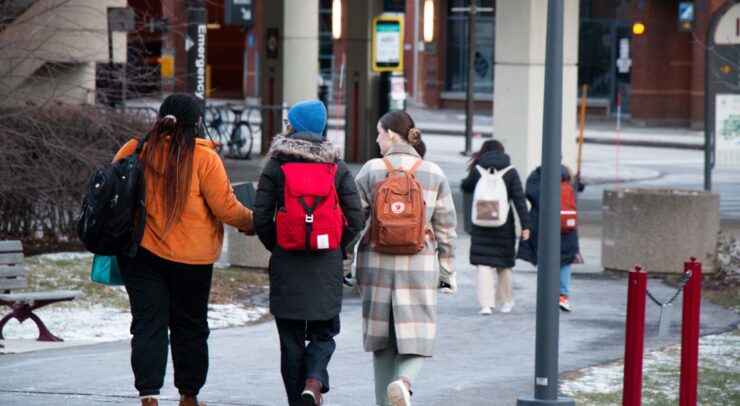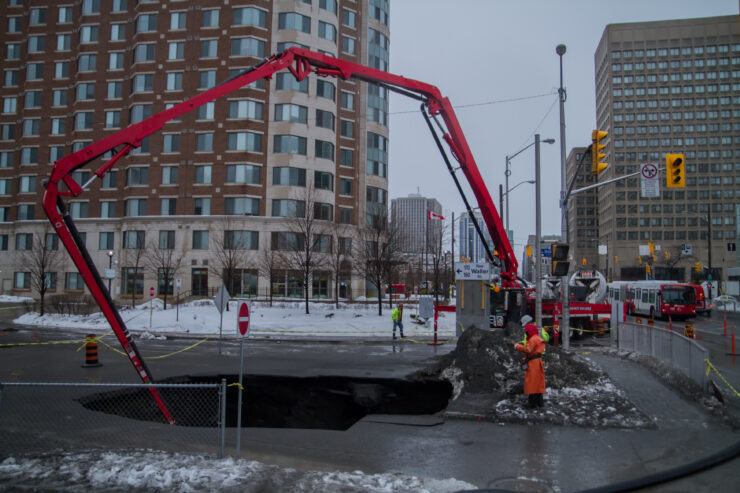Stop the speculation, misinformation after OC Transpo bus tragedy
At the date of this publication, there’s still much we don’t know about the Jan. 11 OC Transpo bus crash. Investigators have yet to make a statement on the cause of the crash—but that hasn’t stopped some from framing their opinions as fact.
An article by the Ottawa Citizen alleges the bus driver has been involved in previous collisions. The article highlights that it is not yet known who was at fault for her previous collisions, but that hasn’t stopped commenters. Many have speculated, or projected witness testimony to black ice or sun glare, as the only possible reasons. Others have resorted to making racist remarks about the driver.
When tragedy hits, it’s easy to get carried away in the rush of everything. New information comes out every day, and online commenters high on adrenaline spread speculation like wildfire, claiming factual accuracy. This is not only irresponsible, but in some cases, dangerous.
During the 2014 Parliamentary Shootings, Twitter went crazy, projecting false reports of an incident at the Rideau Centre. At this time, the gunman was still on the loose.
Recently, Ottawa Police Service (OPS) chief Charles Bordeleau asked that the public “back-off” and let investigators do their job, in response to demands for a Transportation Safety Board to launch an investigation. The demand came after brewing dissatisfaction with the OPS on the Internet, often fueled by angry comments.
The bus crash is a tragedy the entire city has mourned. In the age of social media, we all want information as soon as we can get our hands on it, even if it isn’t always true. We need to be patient, and trust in the OPS to conduct a proper investigation.
We also need to remember that lives were at stake in this tragedy—three lives were lost, and 23 people were injured. Finding out the truth about what happened is important for families who need closure, and peace of mind in knowing corrections will be made to prevent tragedies like this in future. The truth here is higher than your need to post an unhelpful 140 character tweet of your conspiracy theory.
Instead of sitting behind a keyboard spreading misinformation, hold your family a little closer. Hug your friends a little tighter. Donate to fundraisers set up for the families of victims. Volunteer your time.
As details emerge after tragedy, there’s a natural inclination to want to investigate or speculate, but promoting false facts or reports when you don’t have the full story could do more harm than good. Wait until the full story is out, with all the facts, before jumping to conclusions.










